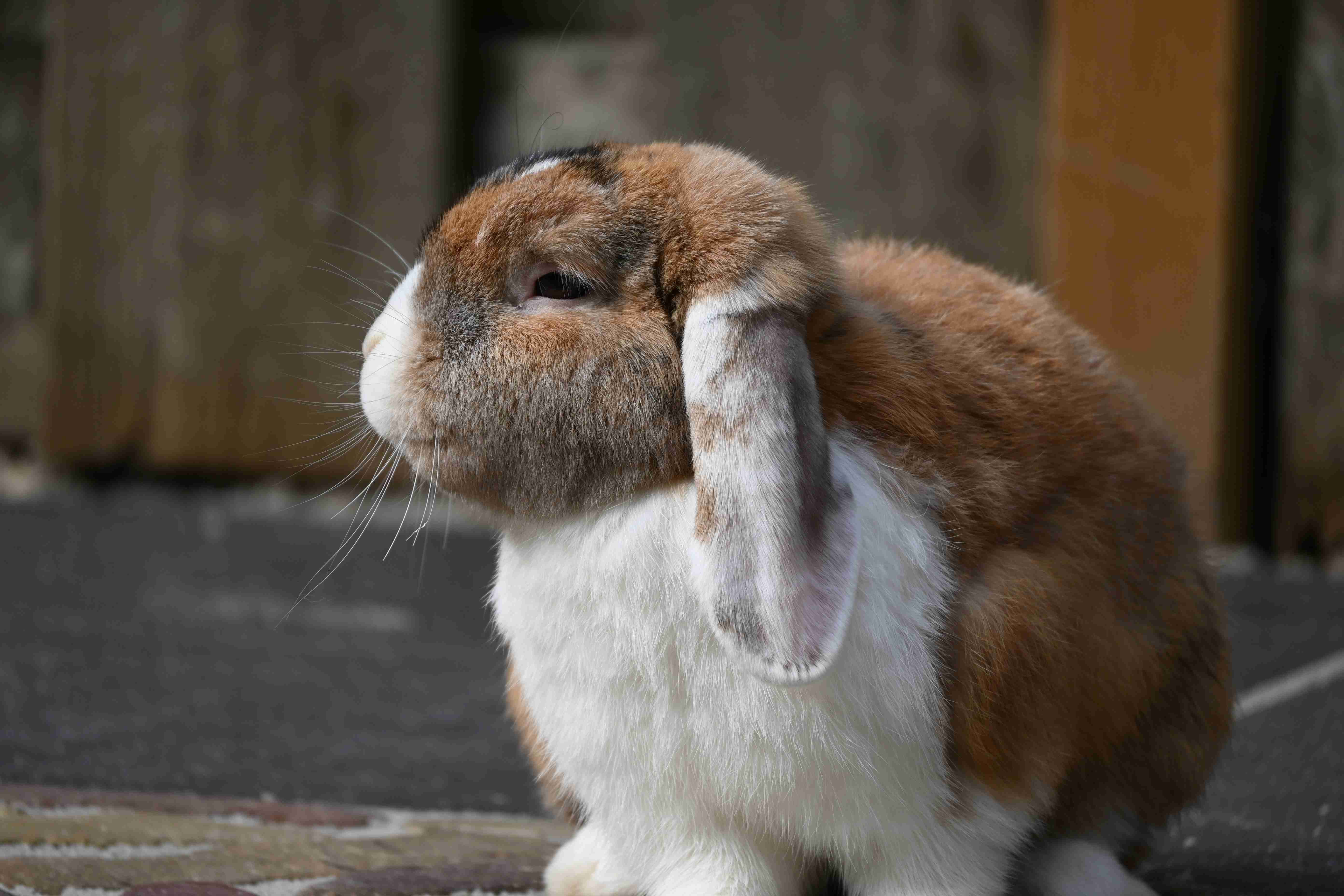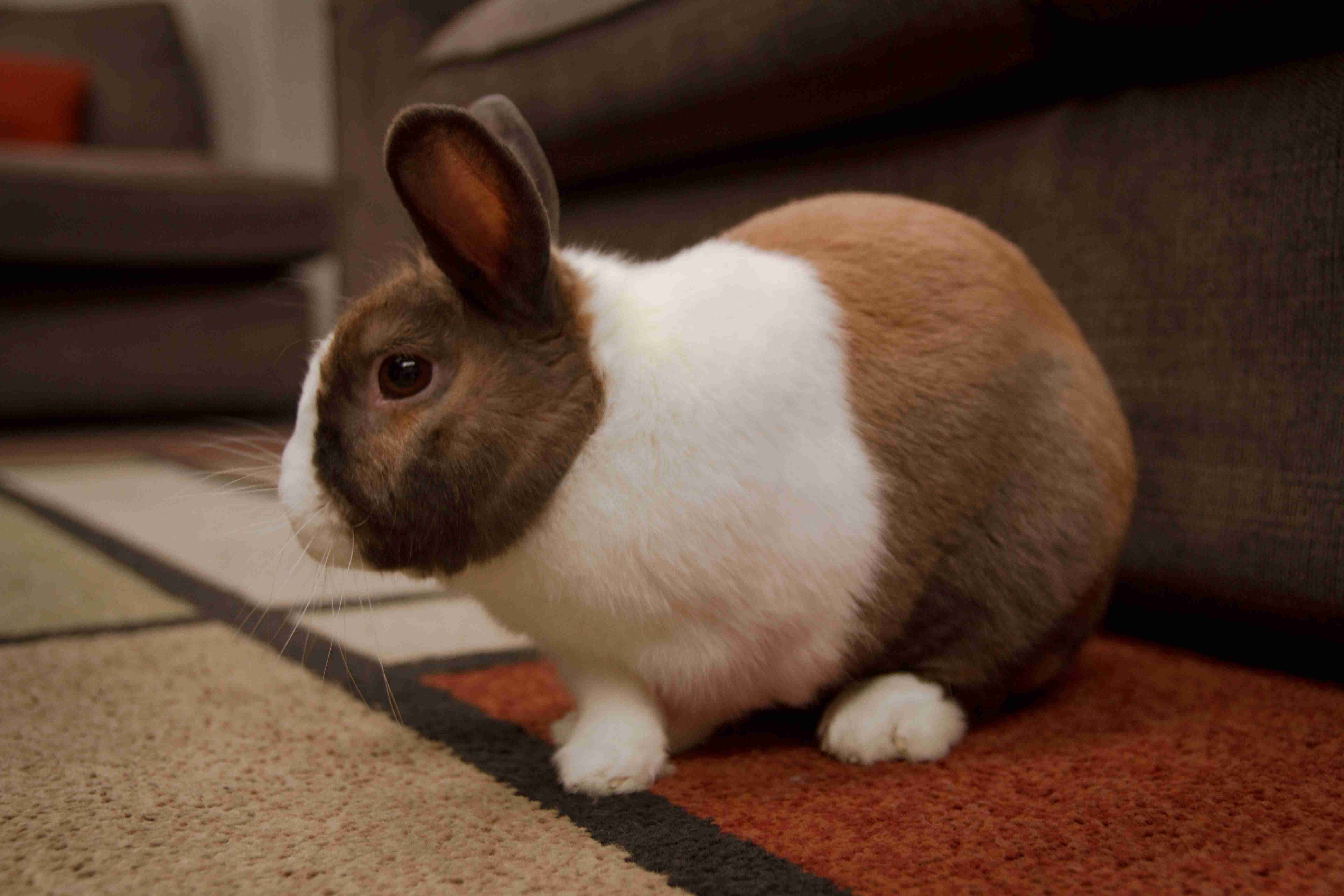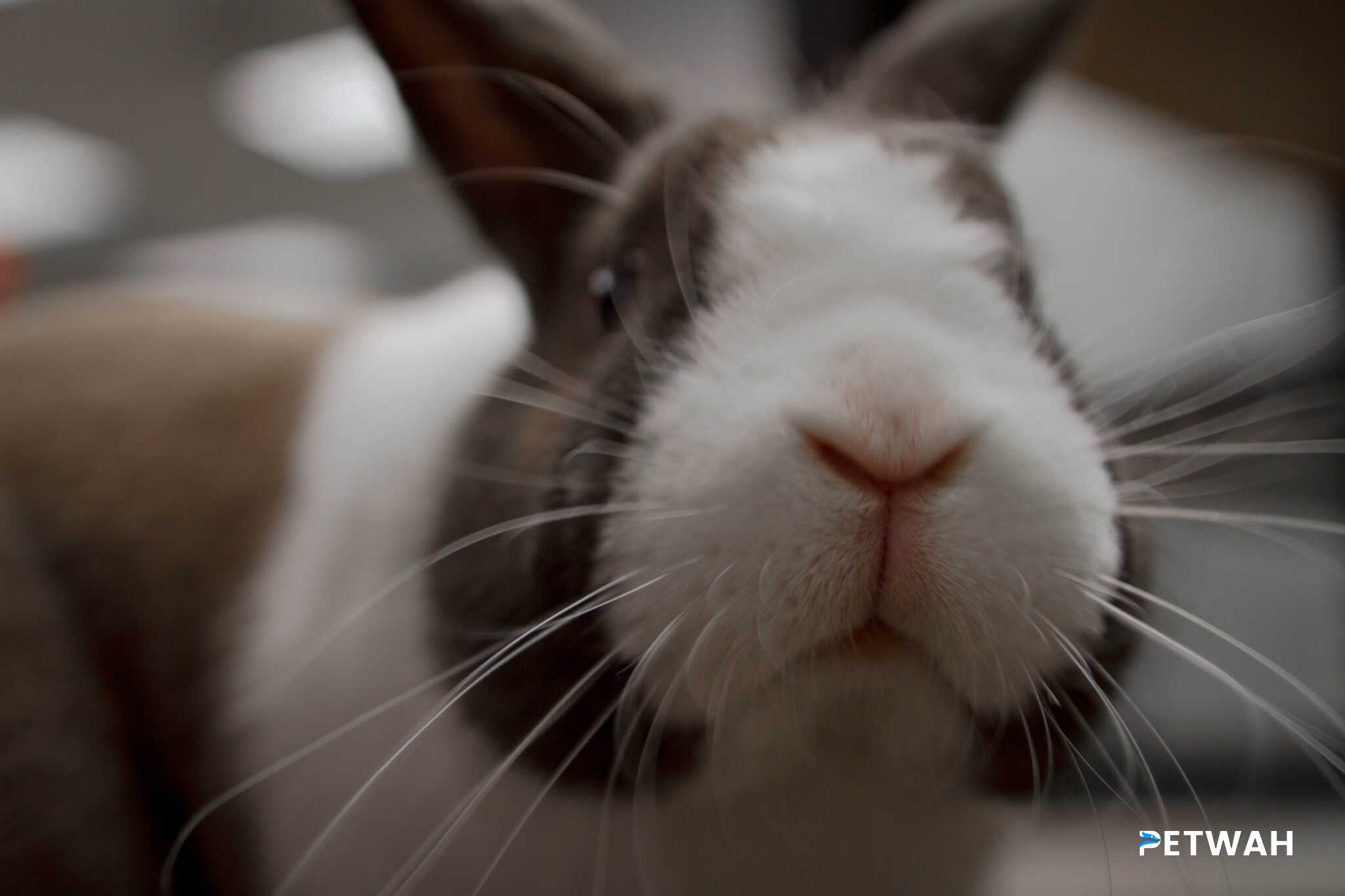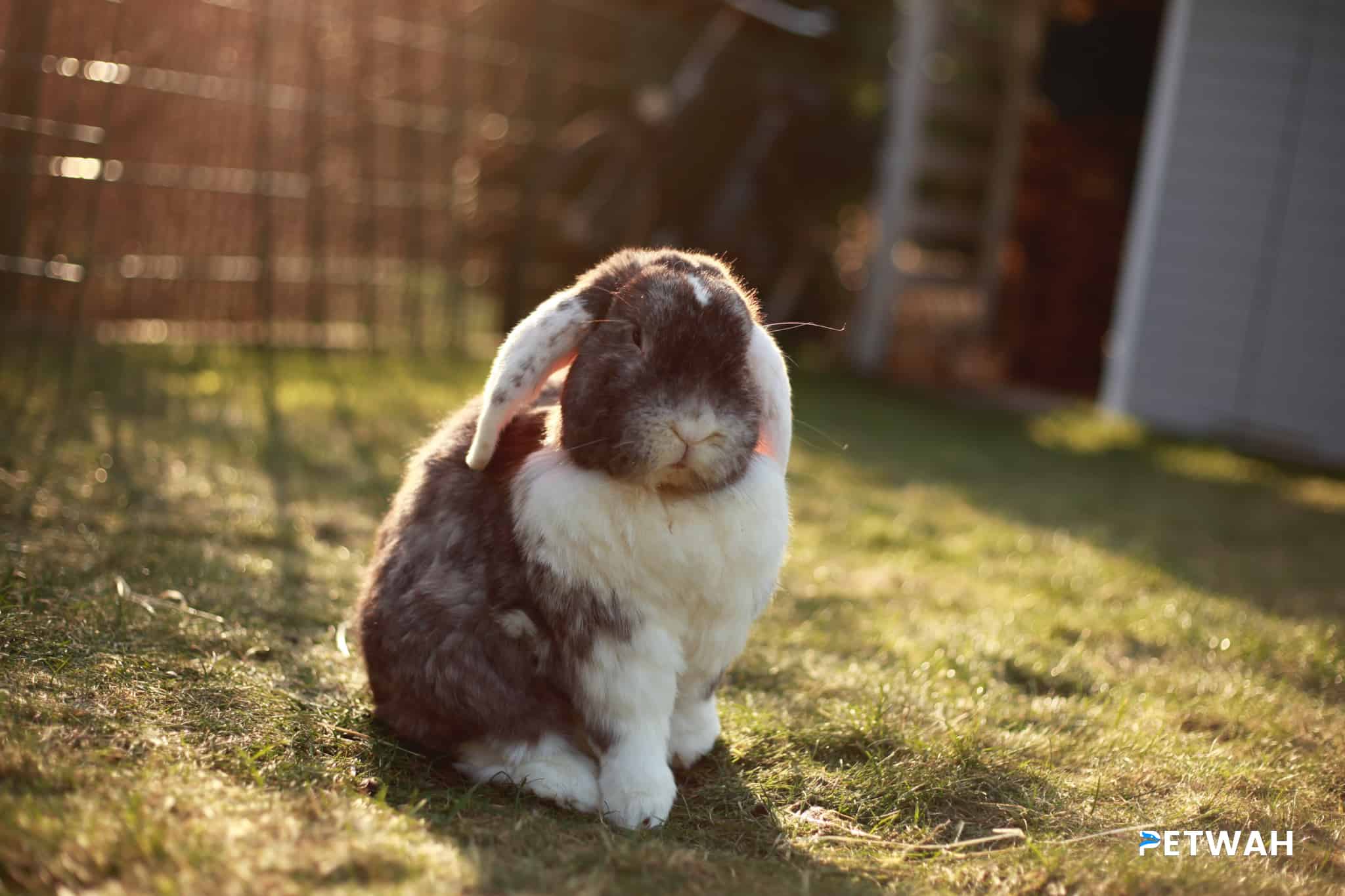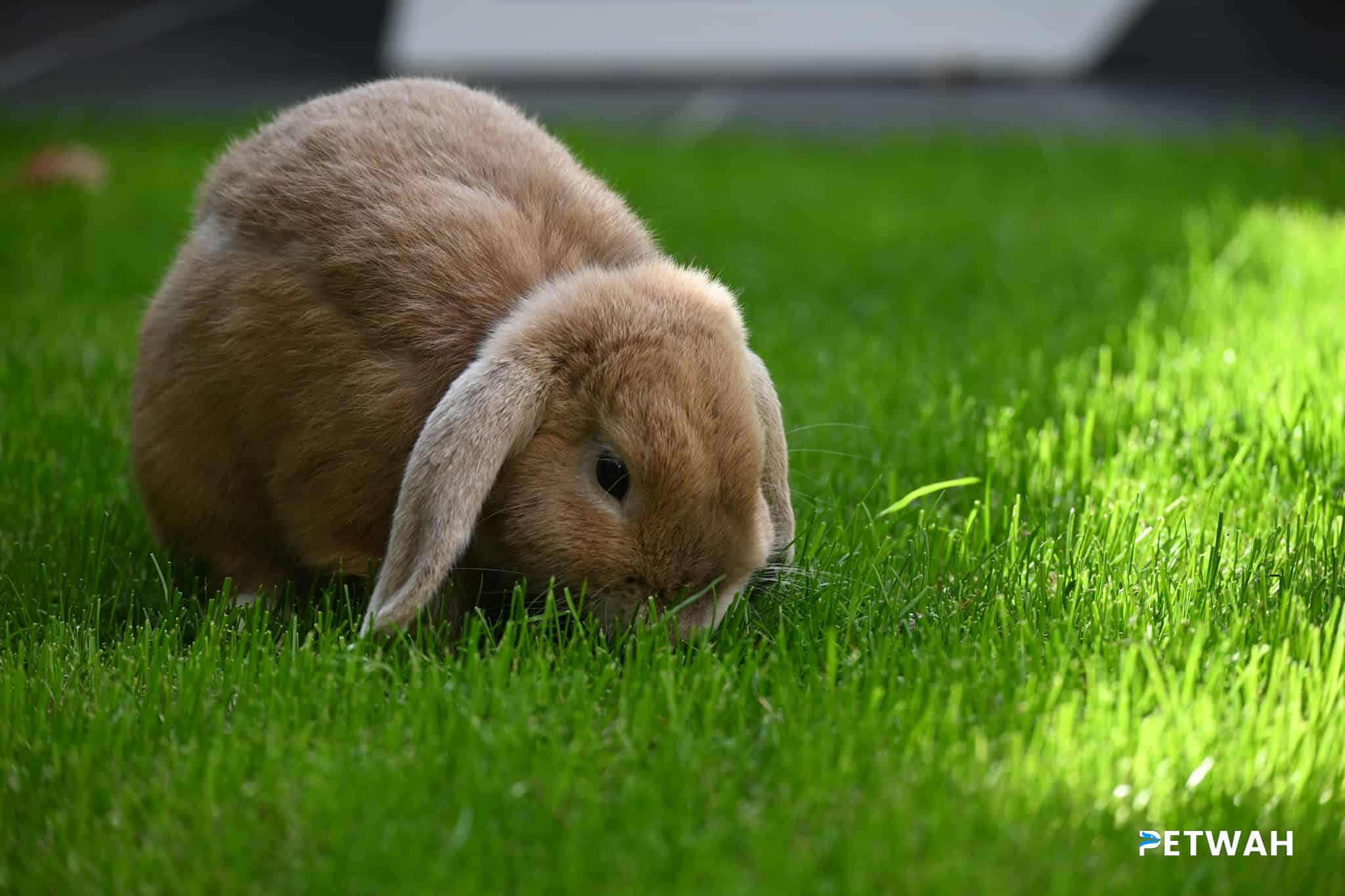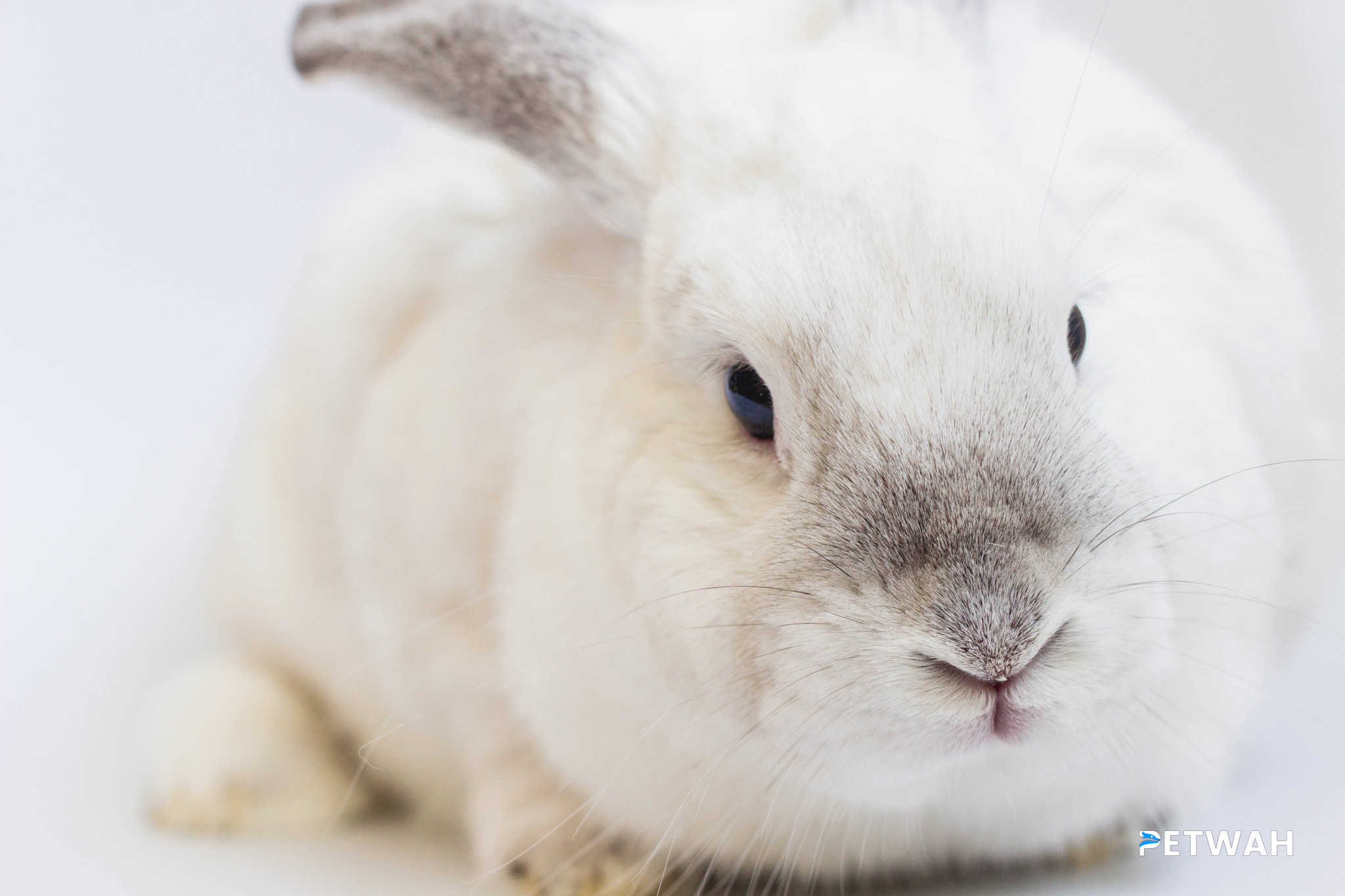Rabbits are adorable and loving pets that bring joy and companionship to many households. However, as pet owners, it is important to be aware of the hidden dangers that lurk in our homes. It’s no secret that many common household items can be toxic to rabbits, and as responsible pet owners, it’s our duty to protect our furry friends from harm. From cleaning products to foods, there are a surprising number of everyday items that can pose a threat to your rabbit’s health. In this blog post, we’ll explore some of the most common toxic household items that every pet owner should be aware of in order to keep their rabbit safe and healthy.
As a rabbit owner, you want to keep your furry friend safe and healthy. However, many common household items can be toxic to rabbits. Knowing what these items are and how to keep them away from your rabbit can help prevent serious health problems.
Here are some of the most common toxic household items that can harm your rabbit:
1. Plants: Some plants can be toxic to rabbits. For example, azaleas, lilies, daffodils, and tulips can all cause serious health problems if ingested by your rabbit. Be sure to keep these plants out of your rabbit’s reach or remove them from your home altogether.
2. Cleaning products: Many cleaning products contain chemicals that can be harmful to rabbits. For example, bleach, ammonia, and disinfectants can all cause respiratory problems if your rabbit inhales the fumes. Be sure to keep these products away from your rabbit and use pet-friendly cleaners instead.
3. Insecticides and pesticides: Insecticides and pesticides can be very toxic to rabbits. These products contain chemicals that can cause seizures, tremors, and even death if ingested by your rabbit. Be sure to keep these products away from your rabbit and use natural pest control methods instead.
4. Medications: Some medications that are safe for humans can be very dangerous for rabbits. For example, over-the-counter pain relievers like ibuprofen and acetaminophen can be toxic to rabbits. Always check with your veterinarian before giving your rabbit any medication.
5. Foods: Some human foods can be toxic to rabbits. For example, chocolate, caffeine, and alcohol can all be harmful if ingested by your rabbit. Be sure to keep these foods away from your rabbit and only feed your rabbit foods that are safe for them to eat.
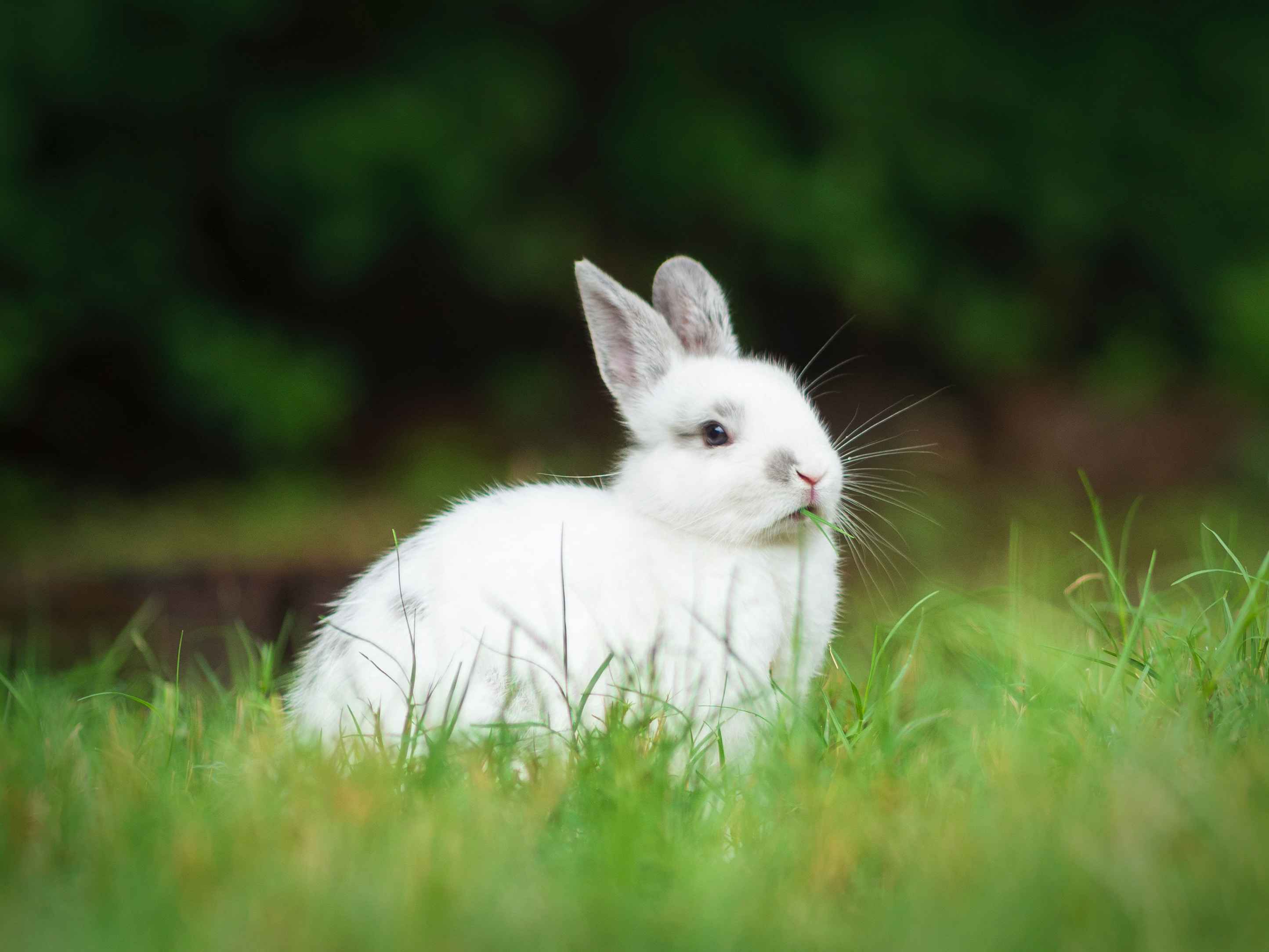
To protect your rabbit from these toxic household items, here are some tips you can follow:
1. Store all toxic household items out of your rabbit’s reach.
2. Use pet-friendly cleaners and natural pest control methods.
3. Keep your rabbit away from plants that are toxic to them.
4. Always check with your veterinarian before giving your rabbit any medication.
5. Only feed your rabbit foods that are safe for them to eat.
By following these tips and being aware of the common toxic household items that can harm your rabbit, you can help keep your furry friend safe and healthy. Remember, prevention is key when it comes to protecting your rabbit from toxic household items.
As a responsible pet owner, it’s important to keep your furry friend safe from harm and protect them from the dangers of toxic household items. By being aware of the common toxic hazards that can harm your rabbit and taking the necessary precautions to keep those items out of reach, you can ensure that your rabbit stays healthy and happy. Remember, prevention is always better than cure, and a little bit of extra care and attention can go a long way in keeping your rabbit safe from harm. So, take the time to educate yourself about the potential dangers and make sure that your home is a safe and secure environment for your beloved pet.


